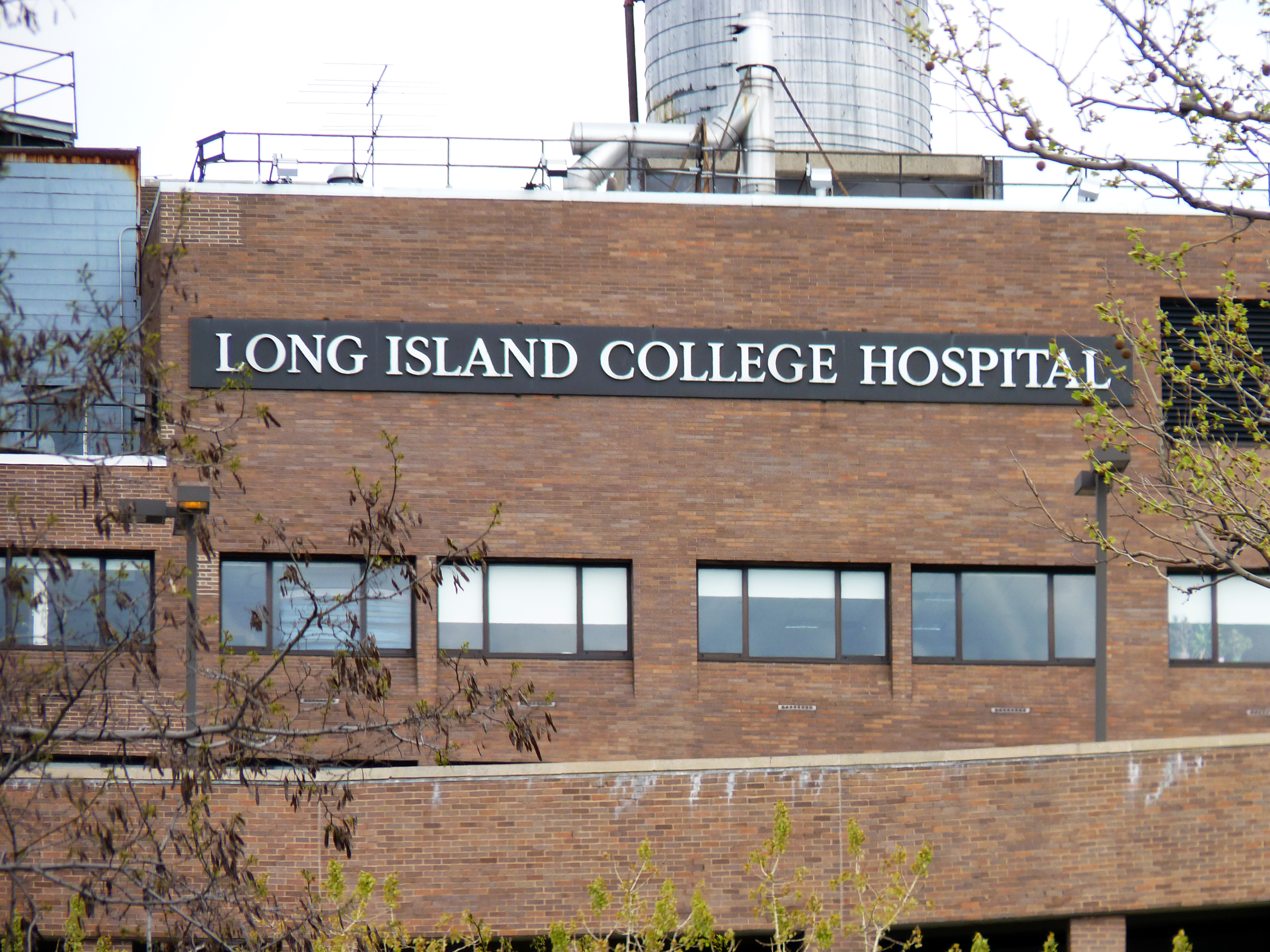Assemblymember Simon’s hospital closure bill, named after LICH, passes the assembly

Assemblymember Jo Anne Simon announced Tuesday that her Local Input for Community Hospitals (LICH) Act passed the Assembly with bipartisan support.
This major piece of legislation — whose title refers to Long Island College Hospital, a major hospital in Cobble Hill that was shut down in 2013-14 amid bitter protests from community members, medical staff and elected officials ؙ— ensures that communities receive notice and can provide input and the State Department of Health has oversight before hospitals, maternity or emergency departments are closed. The bill is supported by a broad coalition of health care and patient advocacy groups.
Simon (D-DUMBO-Downtown-Brooklyn Heights-Cobble Hill-Park Slope) said, “The LICH Act is all about patient safety, transparency, and engagement. When SUNY Downstate proposed closing Long Island College Hospital in 2013, the State Department of Health neither notified nor sought input from the surrounding communities that LICH had served for 156 years, including low-income communities of color that had been designated ‘Health Professional Shortage Areas’ by the federal government.

Brooklyn Boro
View MoreNew York City’s most populous borough, Brooklyn, is home to nearly 2.6 million residents. If Brooklyn were an independent city it would be the fourth largest city in the United States. While Brooklyn has become the epitome of ‘cool and hip’ in recent years, for those that were born here, raised families here and improved communities over the years, Brooklyn has never been ‘uncool’.